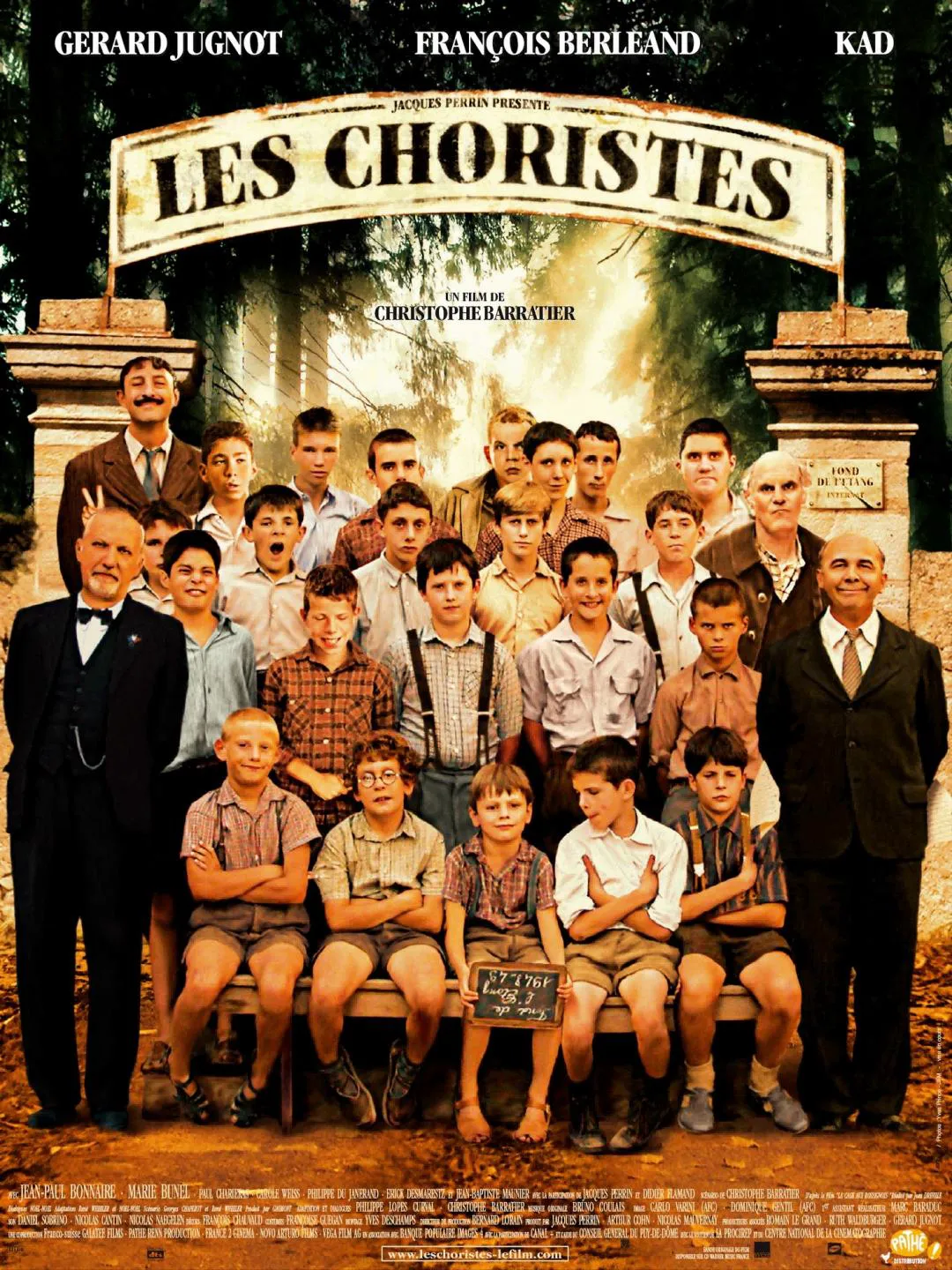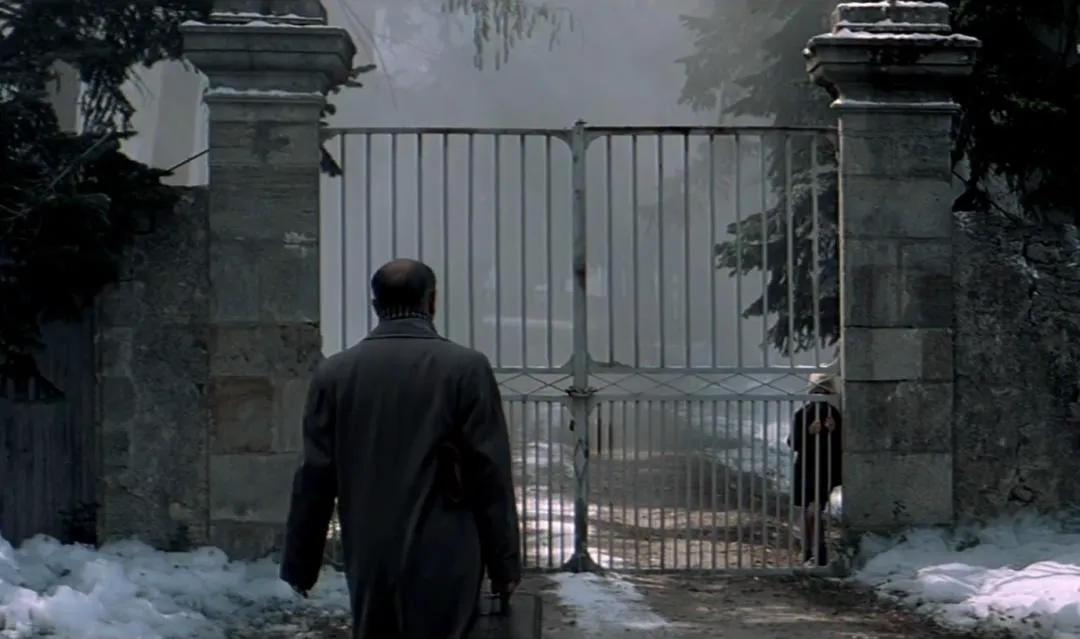A Cinematic Spring Thaw: “The Chorus” Returns in 4K Glory
Recently, the 4K restored version of “The Chorus” (original title “Les Choristes”) has been released in cinemas nationwide. This cinematic gem, ranked 16th on Douban Movie’s TOP250 list with an impressive 9.3 rating from over 1.25 million viewers, arrives as a timely balm during these challenging times, offering warmth and a breath of fresh air reminiscent of spring.
“The Chorus” is a timeless classic, perhaps familiar to you by reputation or even from a classroom viewing in your school days. However, this re-release offers a unique experience. The 4K restoration brings a level of audio-visual fidelity previously reserved for film festivals directly to your local cinema. It’s an ideal opportunity to share a profound cinematic experience with your children, sparking thoughtful conversations about education, family, and the powerful bonds between teachers and students.

The Power of Music and Compassionate Education
Like many French films, “The Chorus” boasts a captivating soundtrack that perfectly complements the narrative and emotional arc of the characters. The film masterfully employs subtle audio-visual cues to underscore its central theme: the transformative and healing power of positive educational approaches.
A Glimmer of Hope in “The Bottom of the Pond”
The story unfolds in a French boarding school named “Fond de l’Étang” – “The Bottom of the Pond” – in the winter of 1949. The school, aptly named, is a bleak and oppressive environment for troubled boys. The headmaster maintains order through harsh discipline, resorting to insults and corporal punishment. The arrival of Clément Mathieu, a failed musician turned supervisor, marks a turning point. He uses music to unlock the students’ hearts and ignite their potential.

Visual Storytelling: From Cold Blues to Warm Hues
The film’s initial scenes are dominated by cool, desaturated colors, reflecting the oppressive atmosphere. Mathieu’s arrival at the dilapidated school, shrouded in fog, foreshadows the challenges ahead. A large, imposing gate symbolizes the confinement and hopelessness of “The Bottom of the Pond.”
Rediscovering Music, Rediscovering Humanity
Mathieu, a talented musician who abandoned his dreams due to hardship, initially vows to never touch music again. However, when he discovers the boys singing a song mocking his baldness, he notices Pierre’s exceptional voice. Instead of punishing them, Mathieu corrects their pitch and is inspired to use music as a means of redemption, both for the children and himself.
“Look to Your Path”: A Song of Hope
As the film progresses, the color palette shifts towards warmer tones. Mathieu composes “Vois sur ton chemin” (“Look to Your Path”), the film’s iconic theme song, and declares, “Are these children really beyond help? Never give up hope; there is always hope ahead!” He forms a choir, assigning parts based on each student’s unique vocal qualities, and they rehearse nightly.
The film reaches its emotional peak as the choir’s voices, initially hesitant, grow stronger and more harmonious. Pierre’s solo soars, and the final performance, accompanied by paper airplanes, is deeply moving.
A Transformation Through Harmony
The choir replaces the boys’ disruptive behavior with beautiful music. Their eyes, once filled with fear and despair, now reflect excitement and a newfound sense of self-worth. The once-dreary “Bottom of the Pond” becomes a place of vibrancy and freedom.
Many of the students are orphans, having lost their parents in World War II. Deprived of affection and subjected to the headmaster’s brutality, their souls are fractured. Their misbehavior is a defense mechanism, masking their deep longing for warmth and connection. Through music, they rediscover joy and their frozen hearts begin to thaw.
Simple Story, Profound Impact
The film’s narrative is simple, devoid of high-profile actors, complex plot twists, or dramatic romantic subplots. Yet, this understated film, with its muted color palette and seemingly unglamorous title, possesses a remarkable power to cleanse the soul and heal the heart.
As the philosopher Karl Jaspers articulated, “Education is essentially a tree shaking another tree, a cloud pushing another cloud, a soul awakening another soul.” “The Chorus” perfectly embodies this sentiment. Mathieu, like a beacon of light and warmth, illuminates the bleak “Bottom of the Pond,” bringing hope and dispelling the winter’s chill. Enveloped in this light, the students emerge from the depths and step into their own spring.